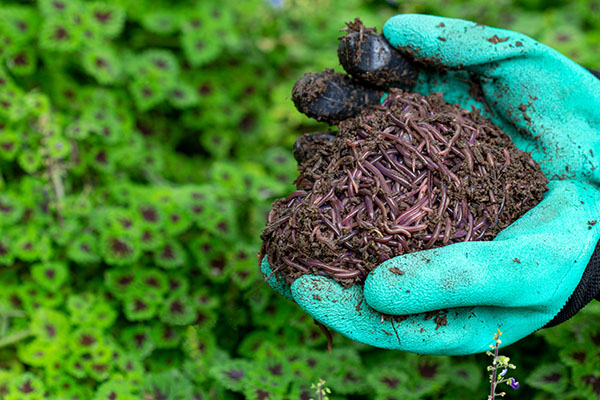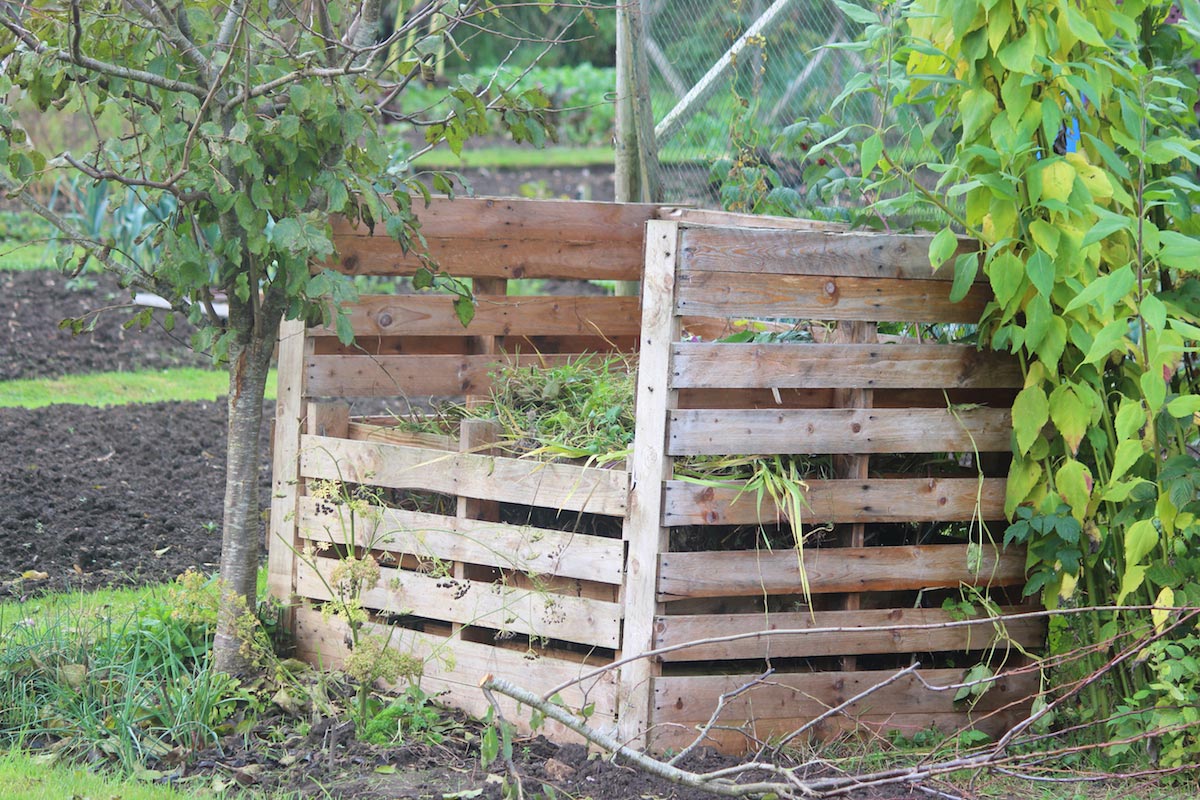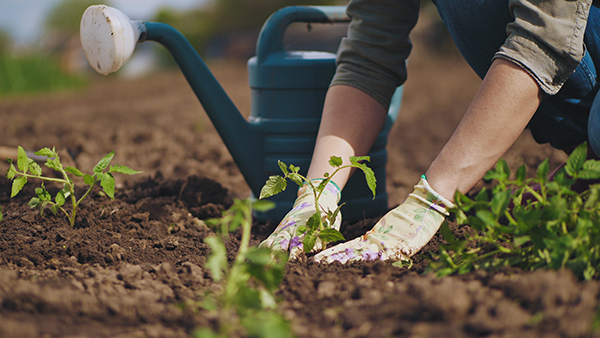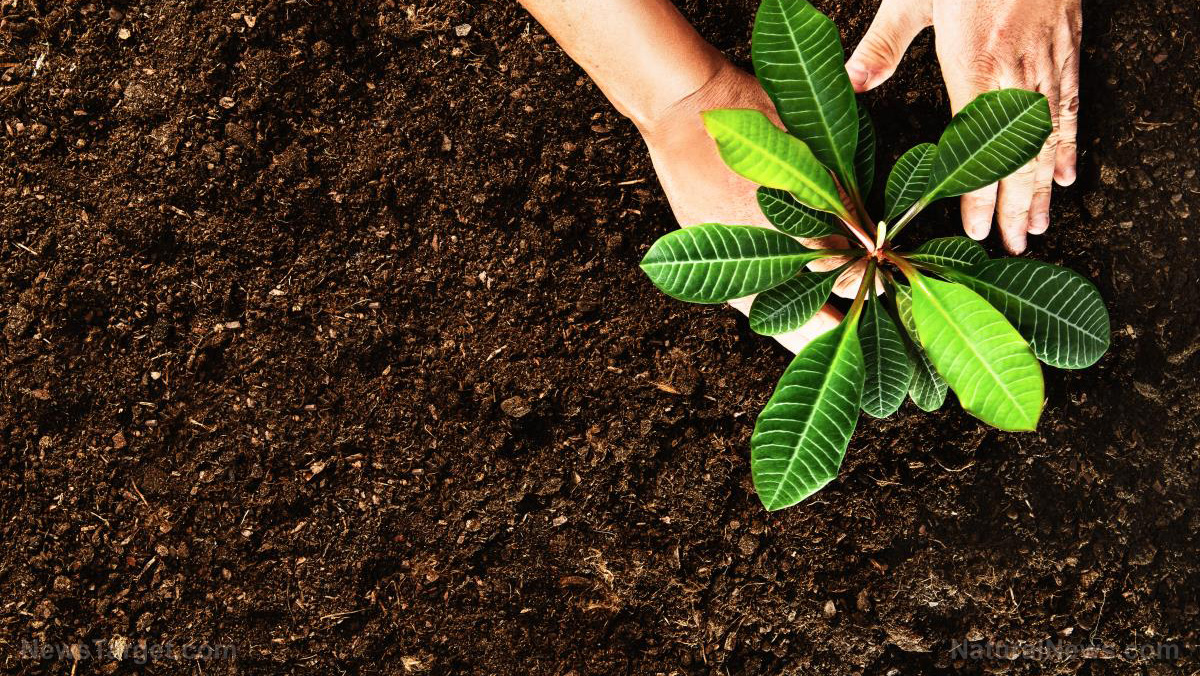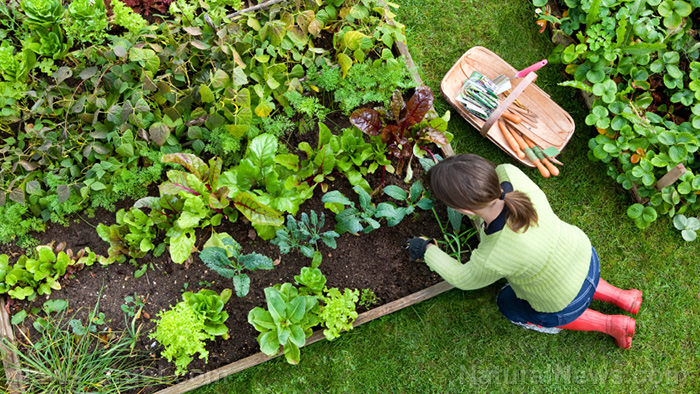
But if you don't know what you're doing, you'll sometimes end up with smelly, useless sludge instead of compost.
To avoid this, learn some tips and tricks to produce good compost for your home garden. (h/t to SurvivalJack.com)
What you can compost
Start by learning which materials can be safely added to your compost pile.
Avoid the following materials because they will attract pests and produce unpleasant odors:
- Dairy
- Fats and oils
- Fish scraps
- Meat scraps
Here are other materials that you shouldn't add to your compost:
Black walnut tree debris
You can add most untreated garden and yard waste to your compost pile, but there are exceptions.
Black walnut leaves, twigs and roots contain juglone, a natural substance that stunts the growth of many plants. Juglone may also kill plants.
Certain plants seem more sensitive to juglone, such as edible crops like pepper, potato and tomato, along with some ornamentals such as azalea, hydrangea and viburnum.
According to research, with enough time and heat, juglone breaks down enough to lose its toxicity. However, it's best not to risk it and leave out black walnut debris.
Diseased or insect-infested plants
Your compost pile must reach and maintain a temperature of 141 F to 145 F for at least several days to effectively kill insects and disease pathogens, such as bacteria and fungi.
But many home compost bins and piles never reach such high temperatures, so some pests and diseases can survive in them.
Dog or cat waste
Never add dog and cat waste to your compost pile. Even if the poop comes from your pets, they can turn the end product into hazardous waste since dogs and cats can carry bacteria and parasites that cause human disease.
Roundworms are the most common issue with dog waste while cat feces and cat litter can carry the organism that causes toxoplasmosis. This disease is dangerous for pregnant women since it can cause serious injury to an unborn child.
Plants or wood treated with pesticides or preservatives
Plants that have been treated with fungicides, insecticides or herbicides may contain chemical residues that can unintentionally kill the beneficial composting organisms.
Additionally, residue from herbicides may affect your crops if you add it to compost. The same applies to wood that has been painted, pressure treated, stained or varnished.
Here are plant-based materials that you can safely add to your compost pile:
- Coffee grounds
- Eggshells
- Fruit and vegetable scraps
- Grass clippings
- Leaves
You can also add fruits and vegetables with high acidities, such as citrus fruits, pickles and tomatoes, to your pile. Limit the amount you use since the acid content may kill the good bacteria in the compost pile and slow down its decomposition. (Related: Home gardening basics: How to keep composting during the winter.)
Choose the right location for your compost pile or bin
Look for an area that receives partial sun and is easy to access. The location should also be far enough away from your home to avoid any unpleasant odors.
Choose the best composting method for your gardening needs
There are different ways to compost and your options include traditional backyard bins or worm composting systems. Choose a method that suits your space, time and preferences.
If you have a large homestead with plenty of outdoor space, set up a traditional bin or pile. But if you prefer a low-maintenance option, you can try a worm bin.
Use the right mix
When composting, you need to learn how to create the right mix of greens, or nitrogen-rich materials, like food scraps and grass clippings, and browns, or carbon-rich materials, like leaves and straw.
Try a ratio of 3:1 browns to greens to create a balanced compost that decomposes efficiently.
Keep compost moist
Composting requires moisture to work properly, but too much moisture or too little can be bad for your pile. If a compost pile is too dry, the materials won't break down properly.
But if it is too wet, it can become compacted and anaerobic, which can release unpleasant odors.
Aim for a moisture level similar to a wrung-out sponge. Don't forget to turn the compost regularly to mix in any dry or wet spots.
Turn compost regularly
Aeration is important to the composting process, so make sure you turn your compost pile regularly.
Turning compost regularly helps mix the materials and provide oxygen to the microorganisms that are breaking down the waste.
Turn your pile at least once a week using a pitchfork or a compost-turning tool.
Don't feel bad if your first attempt doesn't work out. Composting takes time, and you may need to wait at least several months before the pile turns into rich, crumbly soil.
Trust the process. Don't add fresh materials to the pile before it's fully composted because this may slow down the process.
Starting a compost pile may seem complicated, but it's best to start now so you can learn through trial and error. Be patient and learn from your mistakes so you can produce good compost that will help your garden crops thrive.
Visit HomeGardeningNews.com for more tips on how to create compost and grow healthy crops.
Watch the video below to learn about 10 organic ways to control pests in your garden.
This video is from the Daily Videos channel on Brighteon.com.
More related stories:
Home gardening basics: How to remove worms from your compost pile.
Home gardening tips: How to create potting soil for hanging baskets and containers.
Sustainable gardening: What you need to know and do if your land is composed of clay soil.
Sources include:
Please contact us for more information.
















